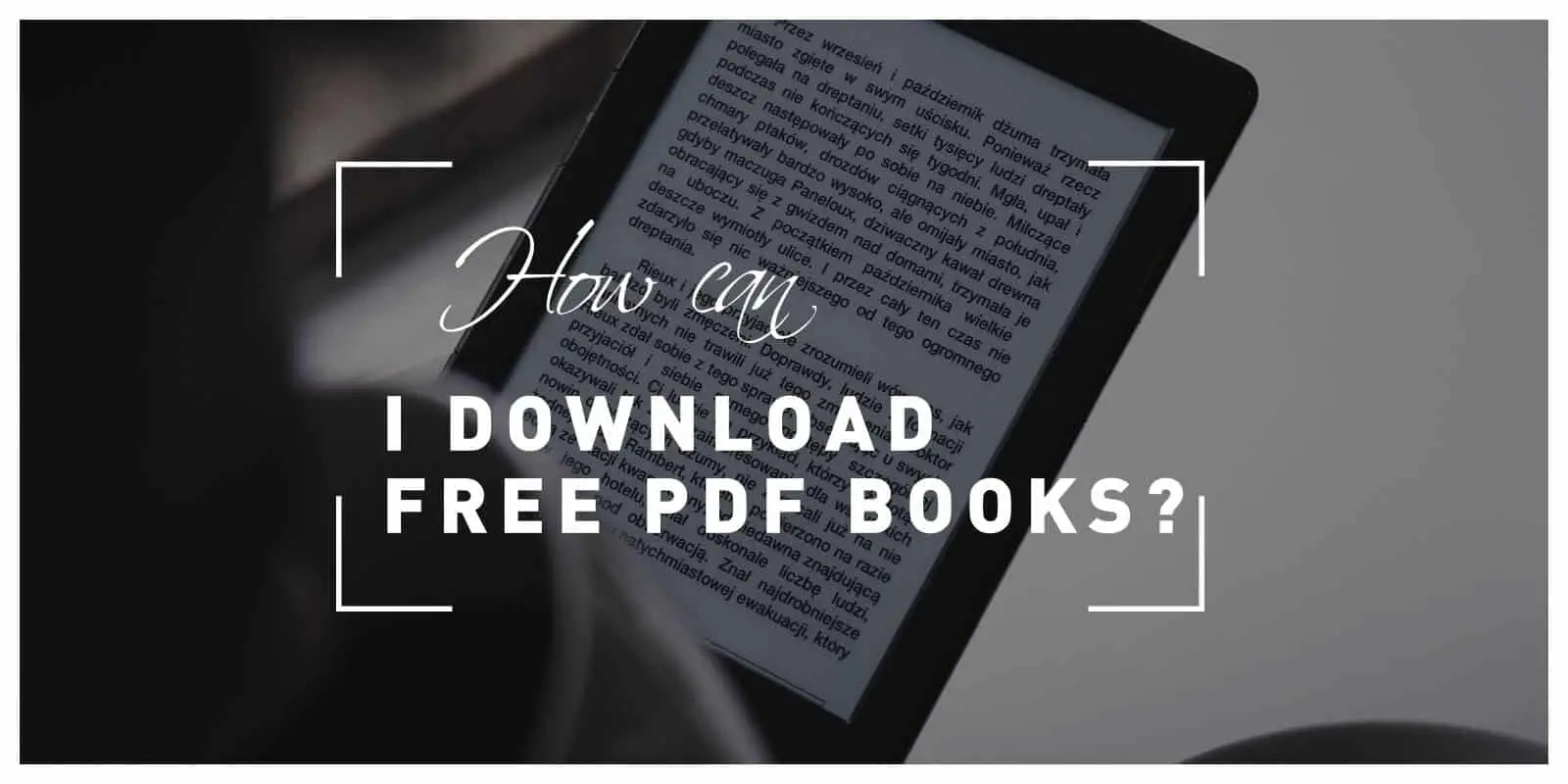Imagine having access to a vast collection of literary works spanning genres, time periods, and cultures—all at no cost and conveniently stored on your electronic devices. From classic novels to modern bestsellers, non-fiction guides to academic resources, the realm of free PDF books holds endless potential for those eager to delve into the written word. But where do you begin? How can you navigate the sea of online platforms and repositories to uncover these literary treasures legally and efficiently? Join us as we embark on a journey through the virtual bookshelves and unlock the secrets to downloading free PDF books with ease.
Introduction: The Power of Accessing Free PDF Books
In today’s digital age, the power of accessing free PDF books cannot be underestimated. Not only does it provide easy and convenient access to a vast range of knowledge, but it also opens up a world of opportunities for those who may not have the means to purchase physical books or access traditional libraries. The ability to download free PDF books empowers individuals to learn new skills, explore different perspectives, and expand their horizons without any financial barrier.
Moreover, free PDF books enable readers to delve into niche subjects and obscure topics that may not be readily available in print form. This accessibility facilitates lifelong learning and continuous personal development by providing resources at our fingertips—regardless of geographical location or socioeconomic status. Furthermore, the environmental impact is significant as it reduces the need for physical copies, contributing to sustainability efforts while offering an abundance of literary treasures right on our screens. Accessing free PDF books shapes a future where knowledge is democratized and readily accessible for all—an invaluable tool in nurturing intellectual curiosity and promoting inclusivity in education.

Understanding Copyright Laws
Understanding copyright laws is crucial for anyone seeking to download free PDF books. Copyright is a legal concept that grants the creator of an original work, such as a book, the exclusive rights to its use and distribution. This means that simply downloading and distributing PDF books without permission from the copyright holder can be considered an infringement of their rights. It’s important to recognize that even if a book is available online for free, it doesn’t necessarily mean it’s legally authorized for distribution.
Furthermore, some books may be in the public domain, meaning they are no longer protected by copyright law and can be freely distributed. However, determining whether a book is in the public domain can be tricky and requires thorough research. It’s essential to respect authors’ rights and understand the implications of copyright laws when downloading PDF books. By doing so, we can ensure that we support creators while also enjoying access to valuable literary works.
Utilizing Public Domain Resources
Public domain resources are a treasure trove of knowledge waiting to be tapped into. From classic literature to historical documents, these resources offer a wealth of information that can be utilized for personal or professional development. One of the most exciting aspects of public domain resources is the freedom to use and adapt them without any copyright restrictions, allowing for endless possibilities in creative projects.
For book enthusiasts looking to download free PDF books, public domain resources are an invaluable resource. With countless titles available in the public domain, readers have access to timeless classics and rare gems without having to spend a dime. The availability of these books in PDF format makes them easily accessible and convenient for reading on digital devices, making it easier than ever to explore new literary worlds without breaking the bank. By utilizing public domain resources, readers can expand their libraries with diverse titles while also supporting the preservation of cultural heritage.

Exploring Online Libraries and Archives
Online libraries and archives offer a treasure trove of knowledge waiting to be explored. With just a few clicks, readers can immerse themselves in a wealth of resources, from rare historical documents to modern research papers. These digital repositories provide access to an extensive collection of books, journals, and other publications that span various genres and disciplines.
One compelling aspect of online libraries is the convenience they offer. Readers no longer need to travel to physical locations or wait for interlibrary loans; instead, they can instantly access materials from the comfort of their own homes. Furthermore, online archives often house out-of-print books or unique manuscripts that may not be readily available elsewhere. This opens up new avenues for exploration and research—allowing individuals to uncover hidden literary gems without limitations.
Leveraging Open Access Journals and Websites
Leveraging open access journals and websites is a game-changer for anyone seeking free PDF books. With the explosion of digital resources, individuals can now tap into a treasure trove of knowledge without breaking the bank. By utilizing platforms like PubMed Central, Directory of Open Access Journals (DOAJ), and OpenStax, readers can access high-quality research articles, textbooks, and academic papers without cost barriers. This shift towards open access not only democratizes information but also empowers individuals to delve into various subjects without financial constraints.
Furthermore, open access journals often offer a diverse range of perspectives and insights that may not be readily available in traditional publications. From interdisciplinary research to niche topics, these platforms provide a rich tapestry of knowledge that enriches the learning experience. Additionally, the collaborative nature of open access encourages researchers and authors to share their work openly, fostering innovation and collaboration across disciplines. This democratization of information has the potential to revolutionize education by providing equitable access to scholarly content for all learners.

Tips for Finding Reliable Sources
When it comes to finding reliable sources for free PDF books, it’s essential to prioritize reputable websites and platforms. Look for well-known names in the industry, such as Project Gutenberg, Open Library, or Google Books. These platforms often have a rigorous vetting process for the materials they offer, ensuring that you’re accessing high-quality content. Additionally, consider academic institutions’ digital libraries and archives as trustworthy sources for scholarly works and research papers.
Moreover, don’t overlook user reviews and ratings when searching for free PDF books online. Websites with a rating or review system can provide valuable insights into the quality and accuracy of the materials they host. Take advantage of this feedback from other users to gauge the reliability of a source before downloading any content. Lastly, always verify the credibility of an author or publisher before trusting their work. Checking their credentials can help ensure that you’re obtaining accurate and well-researched materials for your reading pleasure.
Conclusion: Embracing the World of Free Knowledge
In conclusion, embracing the world of free knowledge opens up a realm of possibilities for individuals seeking to learn and grow. By accessing free PDF books, we are able to expand our knowledge base without any financial constraints. This access to information allows us to explore diverse topics and gain new perspectives that can enrich our lives.
Moreover, embracing free knowledge also encourages a sense of community and sharing among individuals. When we freely share information and resources, we contribute to a culture of collaboration and support. This fosters an environment where everyone has the opportunity to learn and benefit from the collective wisdom of humanity. Embracing the world of free knowledge is not just about personal gain; it’s about building a more inclusive society where access to education is not limited by financial barriers.


